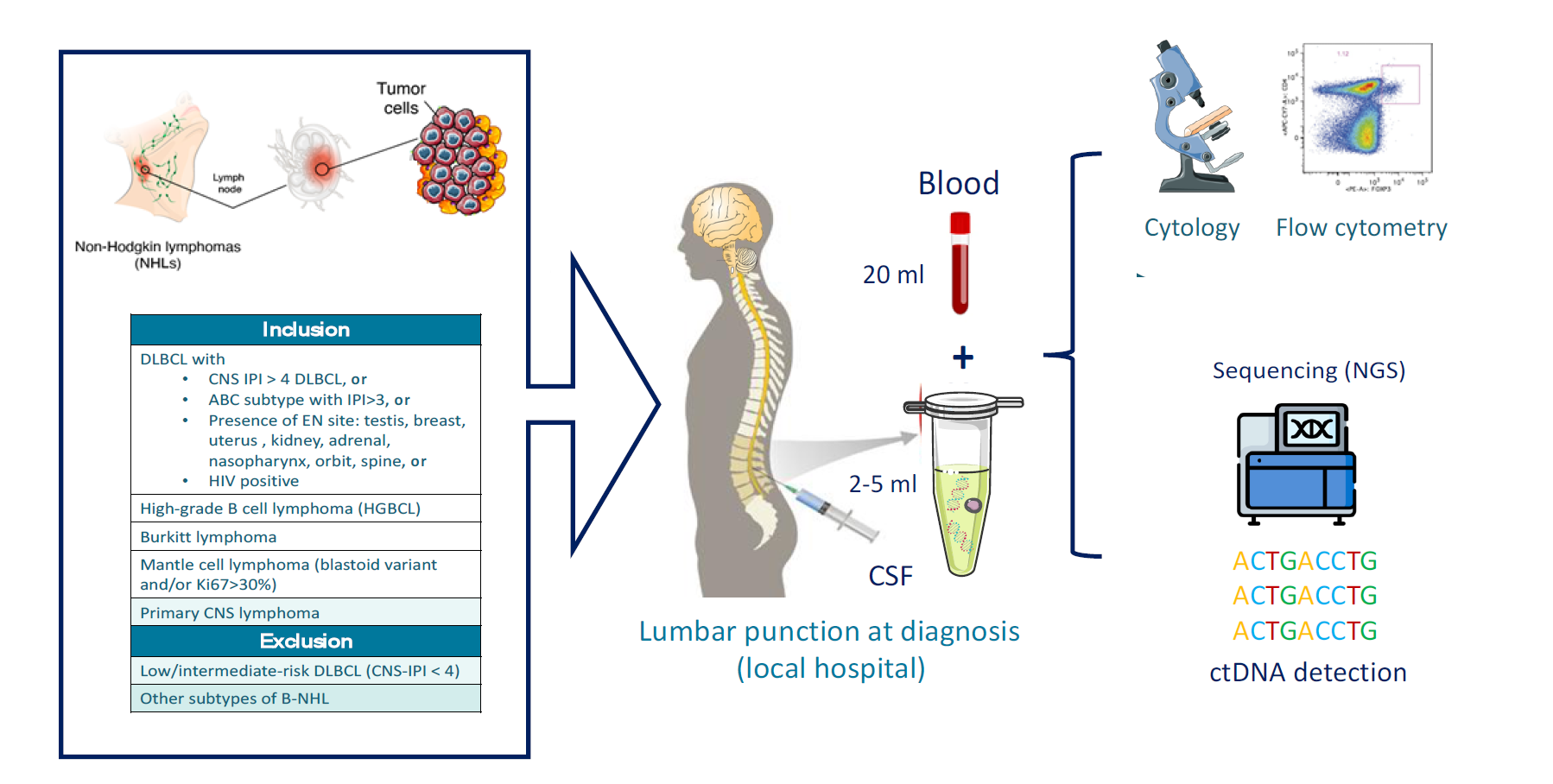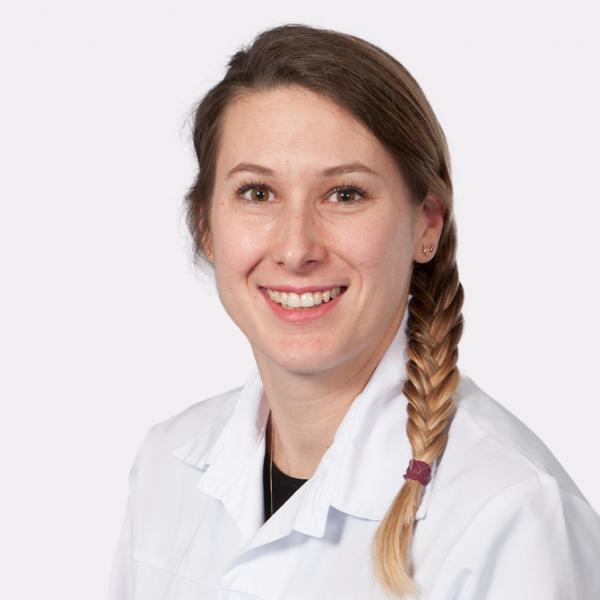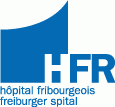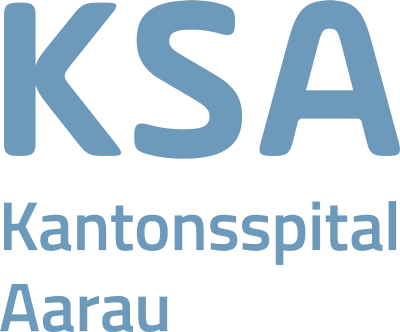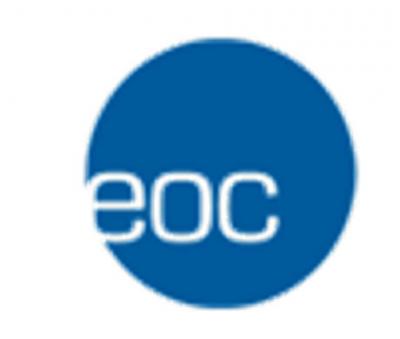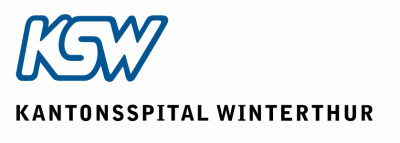Non-Hodgkin B-cell lymphoma
Coordinating investigator
Liquid biopsy to diagnose and monitor central nervous system (CNS) involvement in high-risk B cell non-Hodgkin lymphoma Patients
Central nervous system (CNS) involvement in lymphomas is a rare event, occurring in 2-5% of all diffuse large B-cell lymphoma (DLBCL) patients. The SAKK 28/23 trial is investigating whether circulating tumor DNA (ctDNA) can be used to determine more easily and precisely than before whether CNS involvement is present in B-NHL disease or whether the risk of this is increased.
In patients with B-cell non-Hodgkin lymphoma (B-NHL) and central nervous system (CNS) involvement, the prognosis is very poor; life expectancy typically ranges between two and five months.
Therefore, efforts are being made to prevent infestation of the central nervous system as much as possible or to detect infestation of the central nervous system as early as possible.
Detection of circulating plasma tumor DNA (ctDNA)
A potential method to diagnose central nervous system involvement as early as possible is being investigated in the study SAKK 28/23 LIBERTY: the detection of ctDNA in cerebrospinal fluid using liquid biopsy. Previous trials have shown that in some patients with central nervous system involvement, ctDNA can already be detected in the cerebrospinal fluid when central nervous system involvement cannot yet be diagnosed by other methods.
The hypothesis of the trial consists in the detection of ctDNA in cerebrospinal fluid is superior to the current methods for detecting CNS involvement (flow cytometry, cytology), thus enabling an earlier diagnosis. By detecting ctDNA in the cerebrospinal fluid, the risk stratification of the patients could be improved, providing another tool to decide which CFS also be used to assess therapy response and guide therapeutic management.
Trial with High- risk Patients
The study will include 64 patients who have been diagnosed with B-NHL with a high risk of CNS involvement. Such a high risk exists, for example, for people with
- Infestation of testicles, kidneys, adrenal glands or breast
- Infestation of ≥ 3 extranodal body regions
- HIV positivity
- CNS IPI > 4
- Burkitt's lymphoma
- High-grade B-NHL with MYC rearrangement with BCL-2 and/or BCL-6
- certain forms of mantle cell lymphoma
In high-risk patients, a CSF puncture with analysis of the CSF for tumor cells is routinely performed. During the standard lumbar puncture, an additional 2-5 ml of CSF is taken from the study participants and analyzed for ctDNA. In addition to the usual blood samples, an additional blood sample is taken, which is also tested for ctDNA (Fig. 1).
It is planned to include patients in the study with immediate effect. After the inclusion of 64 patients, recruitment will be stopped (expected for Q4 2025). The trial is being conducted at 13 tumor centers in Switzerland.
Fig. 1: Design of the SAKK 28/23 LIBERTY Trial
